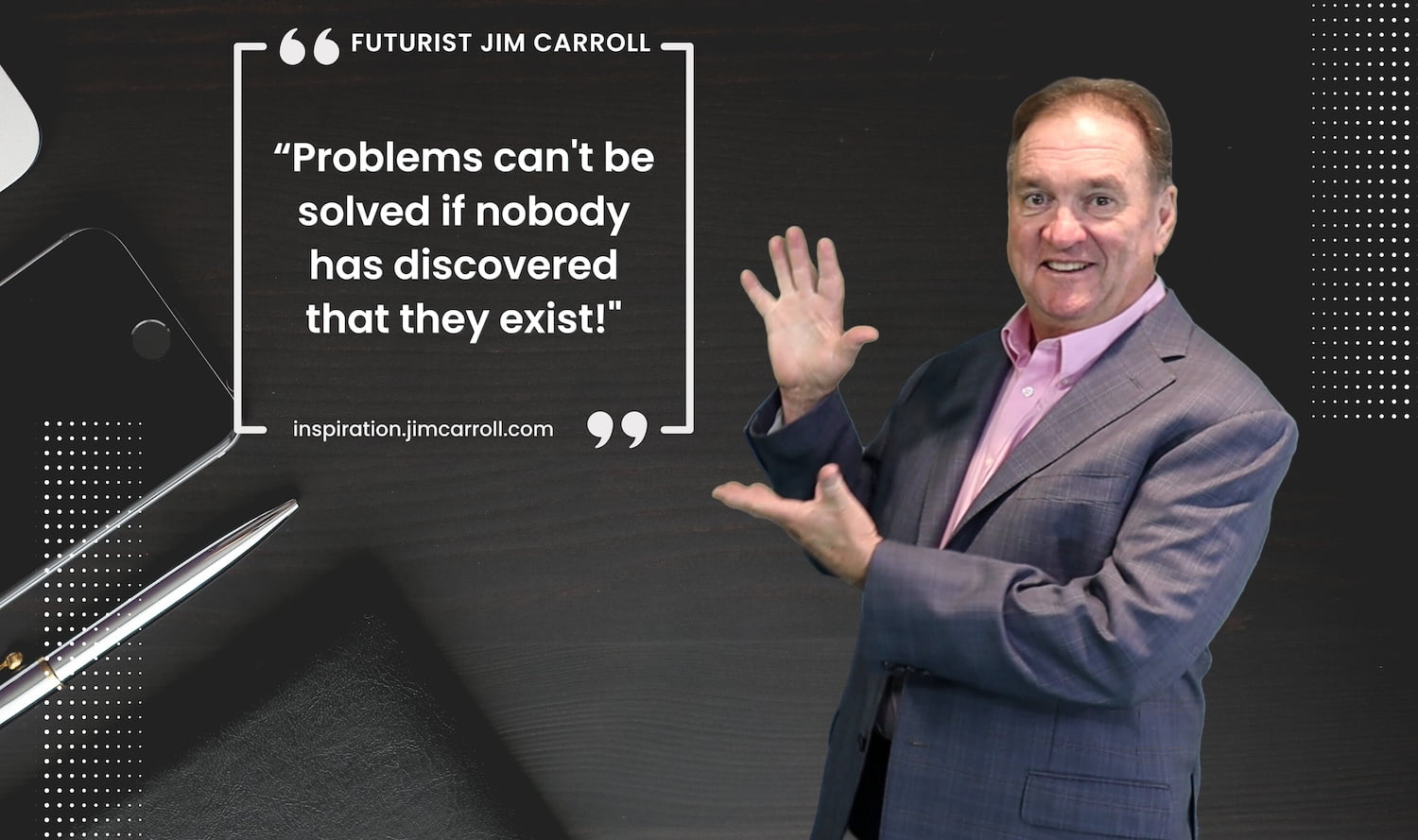“Problems can’t be solved if nobody has discovered that they exist!” – Futurist Jim Carroll

Everything is beta, it seems.
If you use popular software programs, no doubt you’ve heard of the phrase, and have often sought access to the newest version in order to try the latest, greatest features. You might have friends who are using a beta or ‘developer’ version of an iPhone software update. Others might be using a ‘beta’ version of a software program in order to try out the latest features. Anyone who uses Tesla’s (so-called) Full Self-Driving software knows that has never been anything but a ‘beta’ version. ‘Beta’ software makes the world go round. The key reason for ‘beta’ versions is that they give people a chance to test new features, provide feedback on the changes, and most importantly, identify any bugs or flaws. In some cases, it goes well – in many others, it might not.
The other day, a new software release for Mac-based computers came out, and I immediately decided to upgrade all of my systems., including the one I use in my home broadcast studio. It did not go particularly well; and the fact is, I should have known better (and do). But I did it anyway – and once again learned a valuable lesson (that I have learned and failed to learn hundreds of times) – don’t update to new software on important systems until you know it is okay!
What happened is pretty straightforward – when I went live to do a short little show about AI, all of my cameras were lagging – there was a noticeable delay between the sound of my voice and the movement of my face. It turns out that Apple introduced a nifty little feature for Facetime called ‘Gestures” that would watch you do – and do cool little things while you were on a Facetime call. Except it would also watch for those things any time you were using your cameras for any other software that might use those cameras – and in effect, screw things up. It took me some time to figure out what was happening, and once I did, I managed to make the problem go away. In the meantime, it was kind of infuriating.
And yet, I was the one who had decided to upgrade right away – I can’t blame anyone other than myself. By identifying the problem and sharing it with others, I was helping to diagnose a problem that would eventually be discovered anyway! It’s only by communicating about flaws that we can find and fix those flaws. The simple fact is, that ‘beta’ versions are an important part of trying to develop or do anything new because it is often the only way to right the wrongs.
The concept of ‘beta’ versions goes beyond software to the very idea of trying to do new things – the essence of innovation. Organizations that are working hard to align to a new and different future, are in ‘beta mode’ all the time. They are trying new ideas, implementing new concepts, and chasing new methodologies. Inevitably, things will go wrong – and accepting this fact, AND learning from them, is what will provide for real success.
In effect, the idea of communicating about flaws, problems, and mistakes is critical to future success, and so there are valuable lessons here for corporate efforts and innovation. When you are chasing new ideas, developing new products, and implementing new ways of doing things, you are operating out on the ‘bleeding edge.’ You are doing a ‘beta.’ You must be prepared for things to go wrong, for ideas to go off the rails, and for concepts to be malleable and risky. it’s the only way to get ahead. but at the same time, you need to ensure that you have an honest and open culture of sharing, in which people are willing to communicate what they’ve discovered that isn’t quite right – and with the opportunity to suggest how to fix the wrongs.
In effect, all around us, we are plunging into a new and uncertain future based on unproven ideas. That’s the nature of our world today, and to a degree, it’s the only way to move forward – but a crucial part of moving forward is honest and open sharing about what is going wrong along the way.




GET IN TOUCH
Jim's Facebook page
You'll find Jim's latest videos on Youtube
Mastodon. What's on Jim's mind? Check his feed!
LinkedIn - reach out to Jim for a professional connection!
Flickr! Get inspired! A massive archive of all of Jim's daily inspirational quotes!
Instagram - the home for Jim's motivational mind!